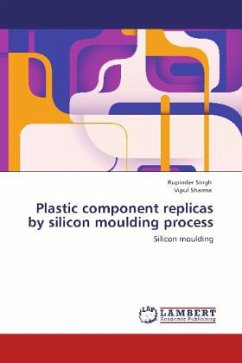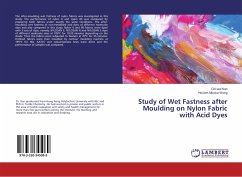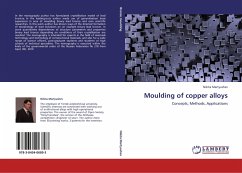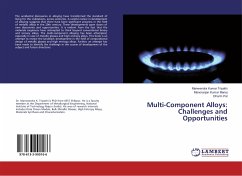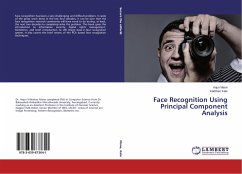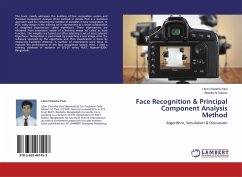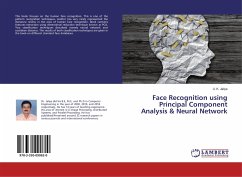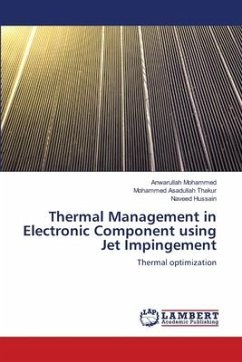The purpose of the present study is to experimentally investigate and optimize the mould fabrication process, based on vacuum casting for plastic component. Starting from the identification of component, prototype with three different types of material were prepared under three different conditions of temperature, time and mixing ratio. Measurements on the coordinate measuring machine helped in calculating the dimensional tolerances of the plastic components produced. Further relation between hardness, dimensional accuracy and surface roughness in vacuum casting and other controllable parameter has been deduced by Taguchi technique L9 orthogonal array (OA). The study highlighted the optimized input parameter settings in-terms of dimensional accuracy, surface roughness, micro-hardness for plastic components. Final component produced are acceptable as per IS standard UNI EN 20286-I (1995) and DIN 16901 standards for plastics.
Bitte wählen Sie Ihr Anliegen aus.
Rechnungen
Retourenschein anfordern
Bestellstatus
Storno

